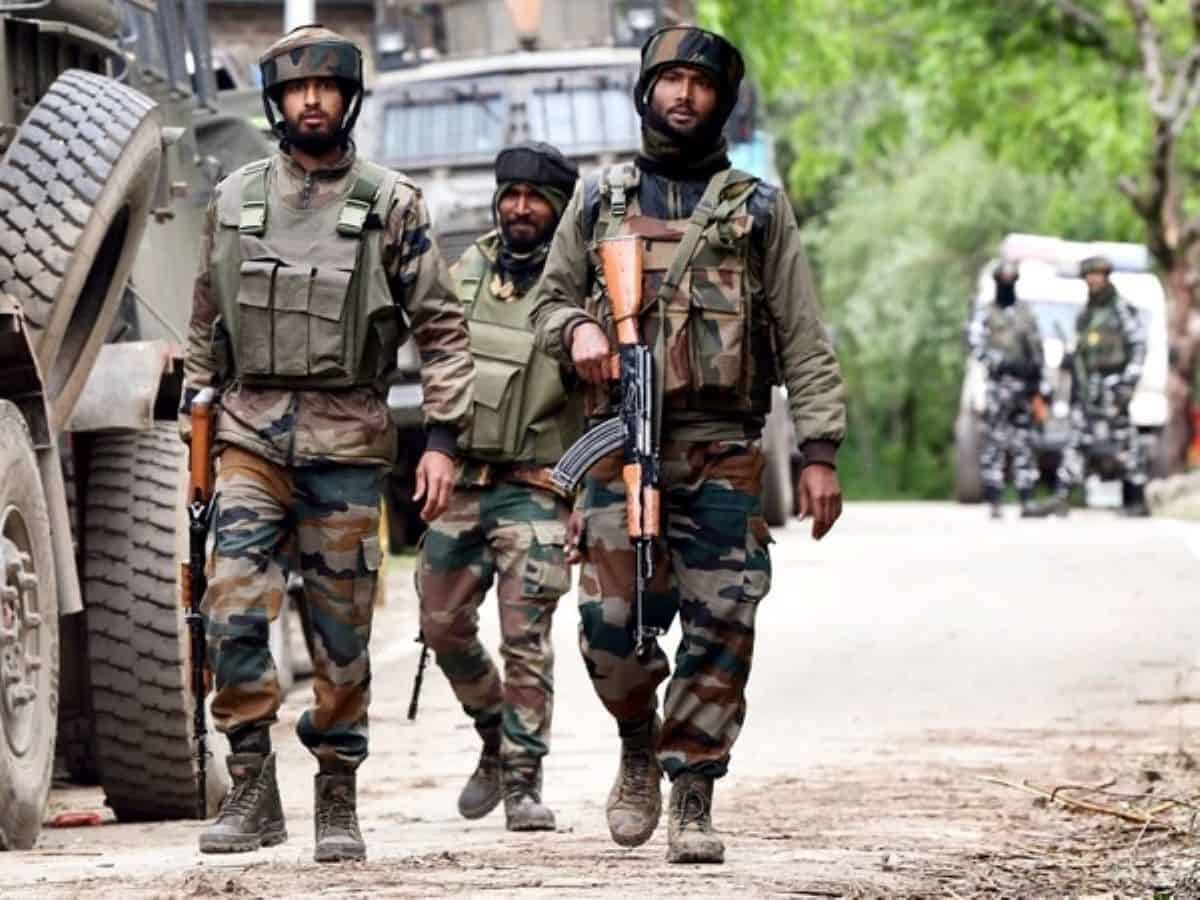
At a time when the national narrative was focused on the ever-expanding time and space of normalcy and peace in Jammu and Kashmir, terrorists struck a big blow to the army, killing five soldiers in a matter of few minutes in Rajouri-Poonch belt of the Union Territory of J&K. This raised, as is usual in such situations, raised a series of questions, as to how and why it happened, and where were shortcomings that the terrorists could strike in such a big way. The killing of five soldiers in one go is not a small thing if it is taken with the seriousness it deserved.
Added to the worrisome incident of December 21, there was a backdrop of three such incidents since April 25 in this sub-region which runs parallel to the Line of Control ( LoC) that divides Jammu and Kashmir between India and Pakistan. Terrorists had killed five soldiers in an ambush on April 25, and five more were killed in another ambush on May 5 – signaling heightened terror activities in the sub-region spread over to 4304 sq. km with a population of 1.1 million On November 22, the terrorists killed five more soldiers, including two Captains.
The December 21 terror attack has run into controversies, as a day after the ambush and killing of soldiers, three civilians were found dead at a spot which the officials described as “encounter site”, implying that they might have died during the crossfire between security forces and terrorists. But the bodies had no bullet marks, which added to the controversy and mystery of the death of the three civilians who were reportedly picked up from their homes of Topi village in Poonch. This injected a parallel narrative of the three innocent civilians allegedly in custody alongside the martyrdom of the soldiers in terror attack.
Political parties of Kashmir took to the streets to protest the civilian killings, including the parties that are considered to be pursuing a different line of arguments from that of the traditional parties like National Conference and PDP. Apni Party of Altaf Bukhari which has nothing in common with the NC and PDP, was the first to launch protest against the killings. The party leaders and workers made their position clear vis-à-vis civilian killings as symbolized by their slogans,” Don’t kill innocents .” NC followed while PDP chief Mehbooba Mufti voiced her concern over the state of affairs by holding a press conference
Altaf Bukhari issued a statement, condemning the killing of civilians who were taken by the army for questioning. He urged Home Minister Amit Shah “to order a thorough probe into the incident so that those responsible are identified. If the army or security forces are found to be involved, the individuals accountable must be brought to justice.” This tone and tenor have swept across political circles in Kashmir.
Two narratives have emerged out of these developments, particularly after J&K announced jobs for the next of kin of each of the deceased- these announcements are made only when the officials acknowledge that the dead were innocents and were killed in some fake encounter or in custody, and the army claiming that it would offer all cooperation to the investigations into the civilians’ deaths, that the whole thing is not clear as it should have, and the government and army are on defensive. Their narration against terrorism and terrorists is now tempered with human rights violations. Pakistan, which is primarily responsible for the killing of the soldiers, has picked up the theme of civilians’ killings, blaming the Indian army for custodial deaths. It may matter less, but the civilian population has developed its sense of betrayal. This gap between the security forces and the civilian population in the border region is not without risks. It has also laid bare the strategic deficiencies on the part of the government and security establishment. Now it is required to fill these gaps first before addressing the issue of terrorism and its dimensions. Killing terrorists is not the ultimate goal, the real goal is to usher in peace in which the civilian population is the real and all-time stakeholder.



